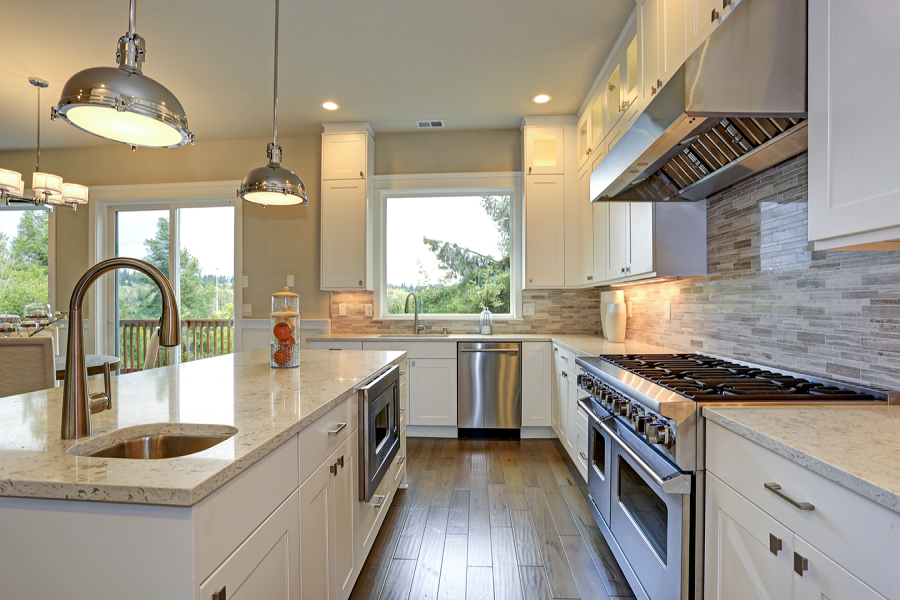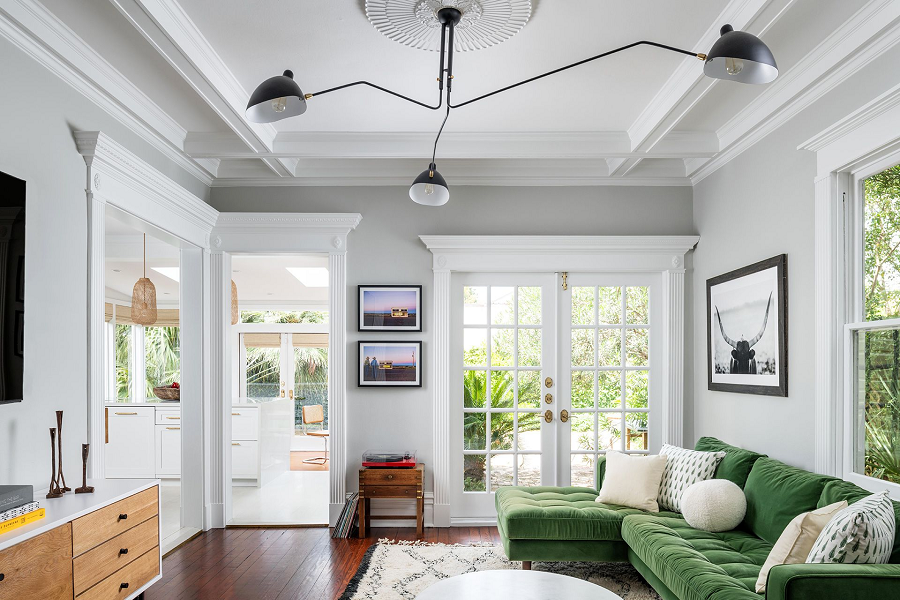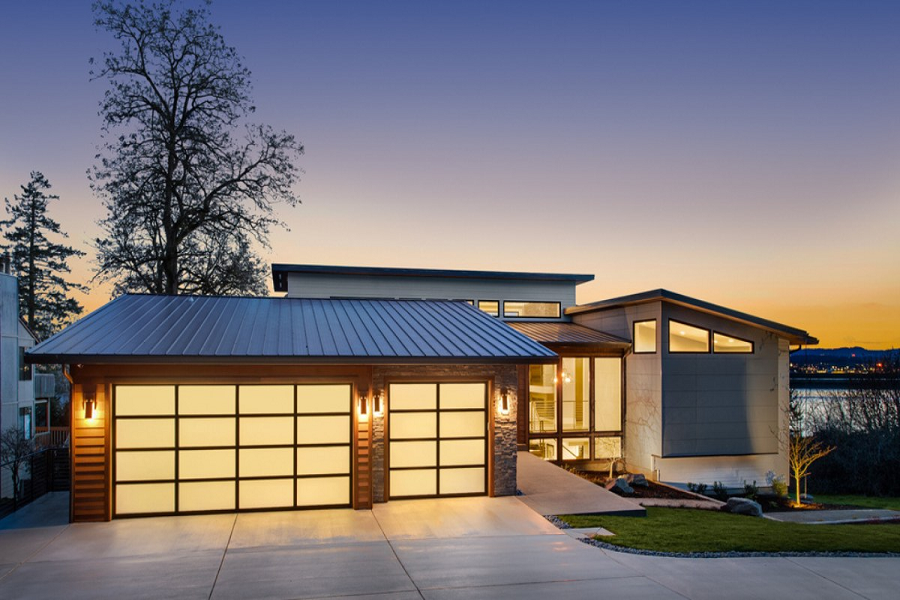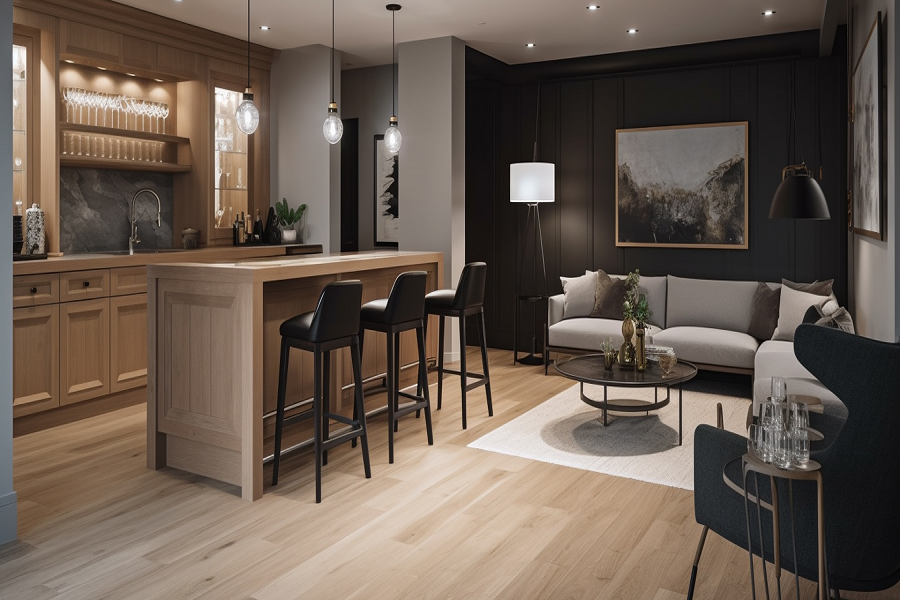Renovating your home on a budget requires strategic planning and creative solutions. Begin by setting a realistic budget that outlines your priorities. Identify the key areas that need attention and focus on cost-effective improvements. Consider these tips for remodeling your house on a budget:
Prioritize Projects:
Determine the most critical areas that need renovation. Addressing key issues first ensures that your budget is allocated to projects with the highest impact.
DIY Approach:
Explore do-it-yourself options for tasks that don’t require specialized skills. Painting, minor repairs, and simple installations can often be accomplished with some research and effort.
Shop Smart:
Look for budget-friendly materials, fixtures, and furniture. Consider visiting thrift stores, online marketplaces, or salvage yards for unique and cost-effective finds.
Reuse and Repurpose:
Salvage items from the existing space whenever possible. Economize your budget and infuse a distinctive charm into your remodel by refurbishing or repurposing existing furniture and fixtures. This thrifty approach not only offers cost savings but also introduces a unique and personalized touch to your home transformation.
Comparison Shopping:
Research prices from multiple suppliers before making purchases. Take advantage of discounts, sales, and promotions to get the best deals on materials and furnishings.

Flexible Scheduling:
Be flexible with your renovation timeline. Some contractors offer lower rates during their off-peak seasons. Planning your remodel during these periods can help reduce labor costs.
Partial Remodeling:
Instead of a full-scale renovation, consider focusing on specific rooms or areas that require the most attention. This allows you to allocate your budget more efficiently.
Budget Contingency:
Include a contingency fund in your budget for unexpected expenses. Renovation projects often come with surprises, and having a financial buffer can help you handle unforeseen challenges.
Consult Professionals Wisely:
While a DIY approach can save money, certain tasks may require professional expertise. Choose reputable renovation contractors such as these and negotiate prices. Obtain multiple quotes to ensure competitive rates.
Phased Approach:
If your budget is limited, consider a phased approach to your remodel. Tackle one room or area at a time, allowing you to spread out costs over a more extended period.
Achieving a successful budget remodel involves strategic decision-making, prioritizing high-impact areas, and embracing resourcefulness. Through meticulous planning and a touch of creativity, you can accomplish a remarkable transformation without exceeding your financial limits.











